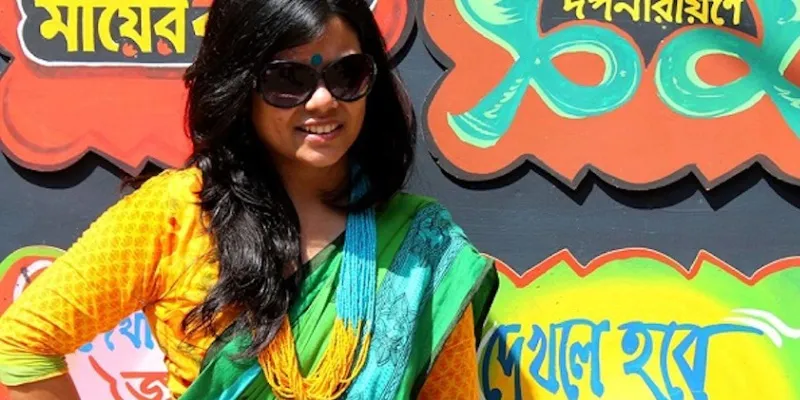
A serendipitous Facebook crawl lead me to the magnificent page of ‘Parama’, which the creator affectionately describes as ‘stories on fabric.’ And what stories they were. Intricate curated designs from the world of art, cinema and literature all jostled for space on handloom weaves, tradition and modern aesthetics vied for space and attention amidst the whimsy. Each saree, stole or design posted was accompanied by a lovingly selected poem or verse. The complete portrait presented like a peek into an otherworldly reality-of lazy afternoons with friends and reflections in solitude- rather than a product waiting to be sold.
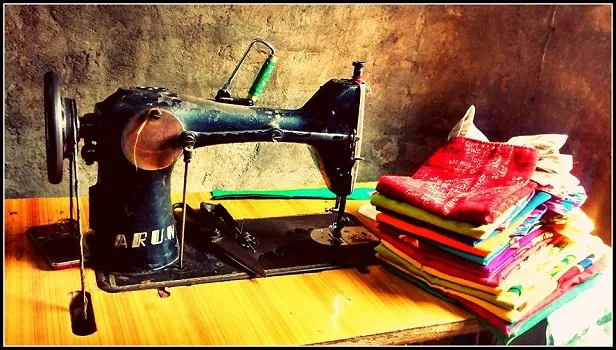
Of coloring books.
Of childhood pictures.
All of them rolled up to make dreams”-Parama
Through all the explorations on the page, there was scant little information about its creator. She peeped through every now and then to express her effusive thanks to her customers, comment on how hard it sometimes became to maintain ‘Parama’ and her day job and muse on the things that inspire her (books, music, pictures and places, but above all, people). The brand ‘Parama’ is eponymously titled, but that was all the clue the creator was willing to give of her identity. I assumed without a second thought that her day job was also of the creative kind.
It came as a jot of shock when I realized (through more obsessive FB crawling) that Parama Ghosh is a lawyer at one of the country’s oldest law firms, battling mergers and acquisitions in the day and creating magic on handloom by night. The contradictions seemed so paradoxical that I reached out to the lady for an interview and she graciously agreed. Parama views the world through rainbow coloured sunglasses and she graciously lets us in on what it’s like to be her.
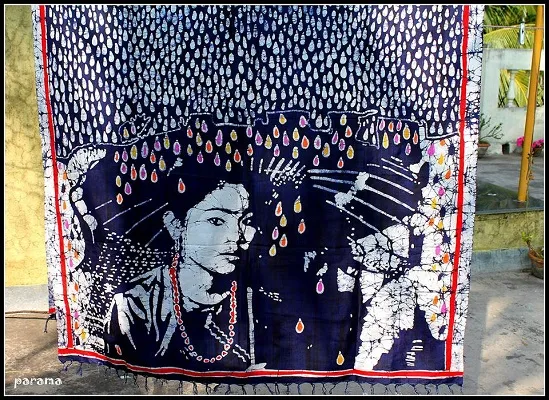
On being asked what Parama (the name the she was given and one that she chose to christen her brand with) means, she says, “This reminds me of a few of my favourite lines from Breakfast at Tiffany’s: ‘I don’t want to own anything until I know I’ve found the place where I and things belong together. I’m not quite sure where that is just yet. But I know what it’s like.’
‘Parama’ is that place where I and my things belong together. She is my namesake, shares my madness, my love for fabric and words (at Parama they got married), my affection for the ignored and the imperfect, my longing for dying art and nostalgia.
Literally the word means Supreme. My mother often threatened to change my name since the name and I vehemently contradicted each other. Someone also told me Parama affectionately means ‘happines’. I would prefer to go with the latter.

In her little startup venture, Parama infuses the spirit she would ideally see herself embody. “All my various facets are embodied in Parama. She is an extension of my personality. The reason why I don’t refer to her as “it” is because she is as human as I am, as grey as I am and as imperfect as I am. Yet, she is free spirited and real, like I would want to perceive myself.”
As a little girl, Parama didn’t go to the usual kindergarten school. “Because my crying would bring the house down,” she wryly reflects. Rather, at the age of three, her parents sent her to art classes and, “Since then there has been no looking back,” she enthuses. “Nothing has influenced my life more than colours. Rainbows, glass bangles, my box of crayons, the jelly lozenges in a glass jar, butterflies, story books…where there were colours, my soul would follow. Painting gave me oxygen. It still does. Pictures and stories influenced me like none other.”
The decision to become an entrepreneur, albeit a part time one, in an already busy life was more spontaneous than well thought out, she admits. But she soon realized that not being one was not an option any longer either. “The urge for it existed. The urge to break free, to breathe fresh air amidst the grey smoke of a law firm job.
It was like staring at that cute guy (with dreamy eyes) next door. You know that you are married and all; but you would still find music in the air when he appears. The day job is like a rich husband who sponsors your car, flat, shoes and bags. The project is a helplessly romantic boyfriend who reads poetry, can pull his heart out and place it on your dimple, who can perceive in your eyes a thousand stars (or the galaxy, may be).
It was a long-cherished dream that found a little corner in my everyday busy life,” she twinkles.
For Parama, her startup is a place where fabric marries words. “Here loom makes love to stories. It is like a scrapbook/memory journal we used to have in school. We used to paste pictures and with coloured sketch pens, write quotes and stories on the sides. That is the only philosophy I follow while bringing her up. She is a concoction of words and fabric. Every product has a story. The people who visit my page may not buy everything. They should feel at home. A home which offers you a rocking chair, some cushions, a book and a cup of comfort. The fabric would work as a razai on a cold afternoon and the words would form the story they want to read.”
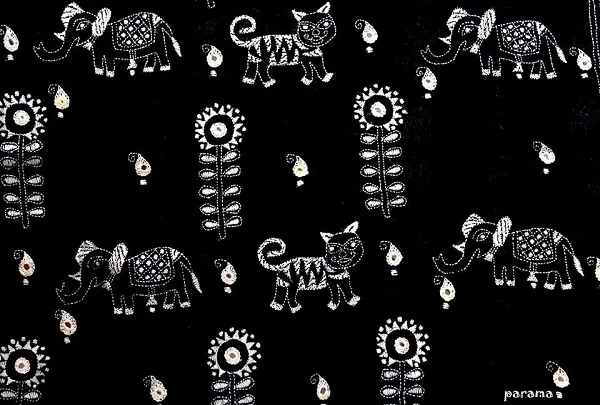
Parama says that stories make her world go round and is adamant that people realize that pretty words are not a means for her to sell products. “Each one of my products come with a story. They are not made up stories. They are not colourful words to advertise and market products. I put real life incidents, stories, poetry and pictures that inspired each product. I have not only won clients, I have won readers and friends in the process.”
Parama is taking it slow and steady with her venture. The seed fund came from her savings, and any profit she makes from the brand goes right back into it. That’s how she plans to navigate through her startup’s ‘toddler years’. “The production is small scale anyways. Once the products started flying to the customers, I started gaining confidence. I dished out some more money. Once the profits turn fatter, I would use a part of it for the business and the other part shall be used to sponsor my trips and travels. I want to travel the world, the whole of it.”
She has a small team of skilled artisans working to bring her work to life. “They are the ones doing the real job. I am their support staff,” she grins. For now operating out of a Facebook page instead of distributing through established e-commerce platforms seems perfectly in sync with the philosophy of the brand. “At this moment, when I am riding a see saw where the job and the venture is balanced on two sides, it is impossible for me to go big. A Facebook page is the best option. It is easier to showcase the products. There is ample scope for personal interaction which I feel is very important in my venture. For small scale production like Parama, I think FB page is a very good option. A full-fledged website or the e-commerce route would also involve financial investments which at the moment I am not ready for.”
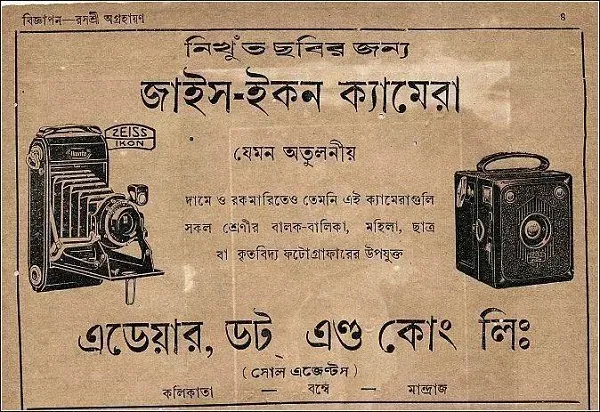
Art, culture and people all have their own special place, but for Parama the greatest source of inspiration is her city Kolkata. “Kolkata is the greatest source of inspiration. It is a parent, a teacher, a fellow-dreamer, the best friend, a lover. The College street “boi-para”, the yellow taxis, the hand pulled rickshaw, the endless conversations, the old buildings, statues and monuments, roadside chaa accompany me in my creations.

The thing that enchants me the most about the city is its imperfection. She is like a mother whose saree reeks of turmeric and fish curry, whose hair is pulled in a careless bun, whose only cosmetic is Boroline, who unfailingly mutters ‘Dugga Dugga’ when her children leaves home. She is far from being sophisticated. Her “spoken English”, would make you look for covers. She is loud, lousy and yet, lovable.
Kolkata for me is peace. A city that doesn’t promise me a sedan, a huge mansion or a fat bank balance. It promises me peace. It offers me that cosy corner where I can sit, drink tea and day dream. It offers me a lone bench in the Maidan where I can carry a sketch book and draw a happy picture. It allows me window seats in a tram where I can read for long hours and write a line or two.”
In creating one of pieces, Parama is toeing the tricky line between affordability and exclusivity. “I keep telling everyone that everything you get here is HAND MADE. It takes skill, time and patience for each product to be ready. I cannot afford to price them at a large scale production rate. This is because they are NOT large scale productions. When you are buying a handmade product, you are procuring the artist’s idea, his/her time, a part of his/her soul and the art work. The prices will reflect that.”
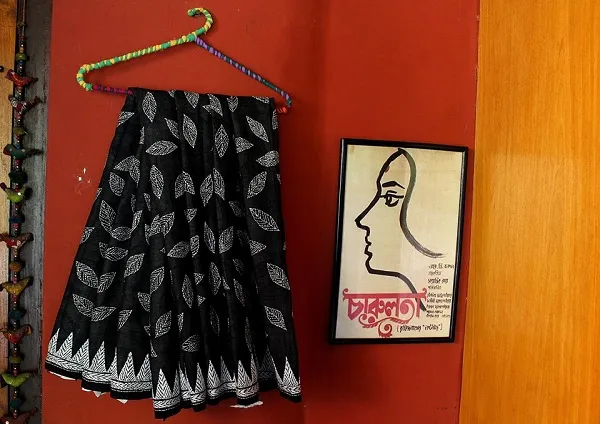
When asked how she manages to navigate through the ‘hillocks’ of responsibility that her life demands, she says forlornly that the one thing that takes the backseat is sleep. “A part time entrepreneur, a full time day job and home-well, it indeed is a bag full of responsibilities. The reason why I added ‘home’ is: I live with my in-laws and in the same city as my parents. Alongside the job, I also have hillocks of social responsibilities too.
This reminds of the story of a glass jar and the professor. He filled the glass jar with big stones first. When his students thought that the jar was full, he slightly rattled the jar and poured small pebbles which fitted in between the gaps. He then poured sand which too made space. Thereafter water followed which seeped in. The story is also the story of most of our lives. We have to identify the big stones and fit them first. The other things can slip through and make their own space.”
For now, it is not feasible to scale her venture. Parama is happy taking things slow and enjoying the best of both worlds. She cherishes being an entrepreneur. “It feels as big and as happy as Sridevi uttering the word “entrepreneur” for the first time in English Vinglish! It feels as warm as melted chocolate and as cool as iced lemonade!” And she is intensely looking forward to the day when she can devote all her time and creative energy to this. “Someday,” she sighs wistfully.
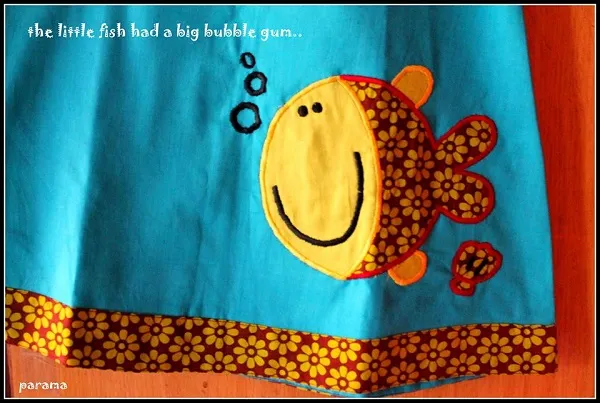
When I ask her what advice would she give to those looking to follow their passions, she is inordinately pleased to be asked such as question (“I feel so important at being asked such a question”). She then reiterates the one advice that has influenced her the most, from Neil Gaiman’s fantastic commencement speech, “Go and make interesting mistakes, make amazing mistakes, make glorious and fantastic mistakes. Break rules. Leave the world more interesting for your being here. The one thing you have that nobody else has is you. Your voice, your mind, your story, your vision. So write and draw and build and play and dance and live as only you can. Life is sometimes hard. Things go wrong, in life and in love and in business and in friendship and in health and in all other ways that life can go wrong. And when things get tough, this is what you should do. Make good art.”
All images are courtesy of Parama

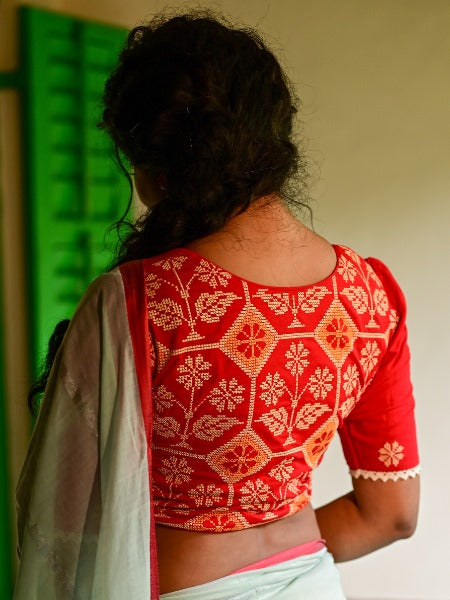

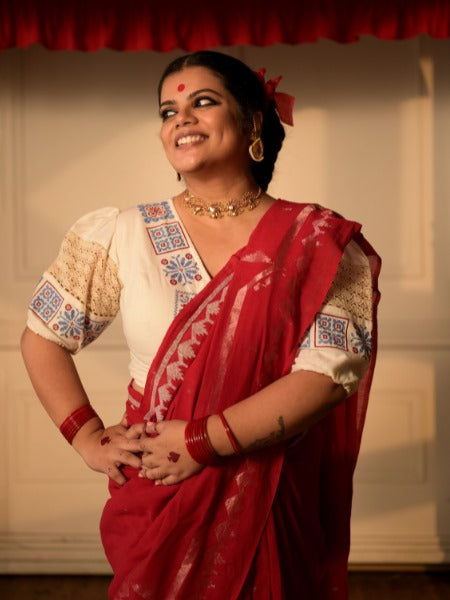

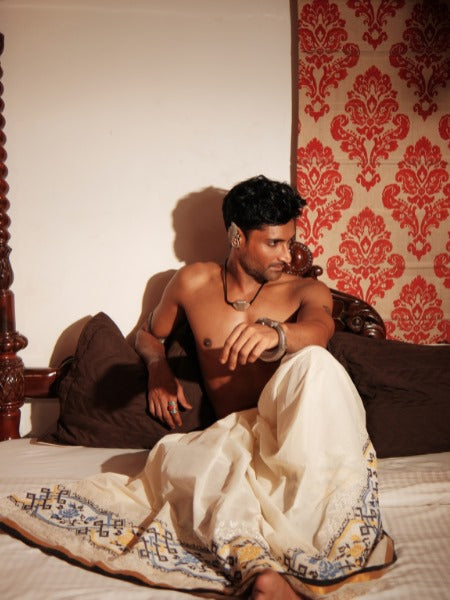
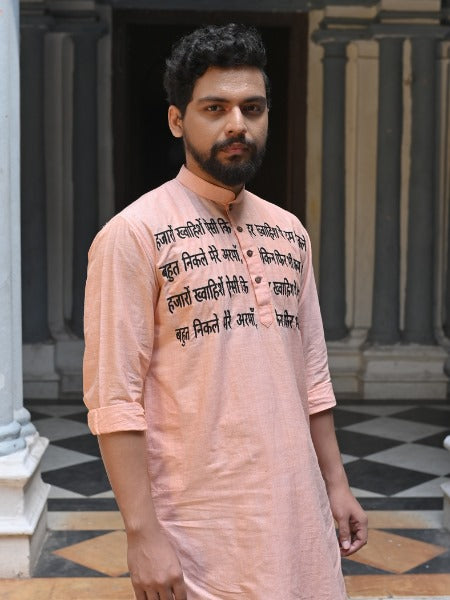
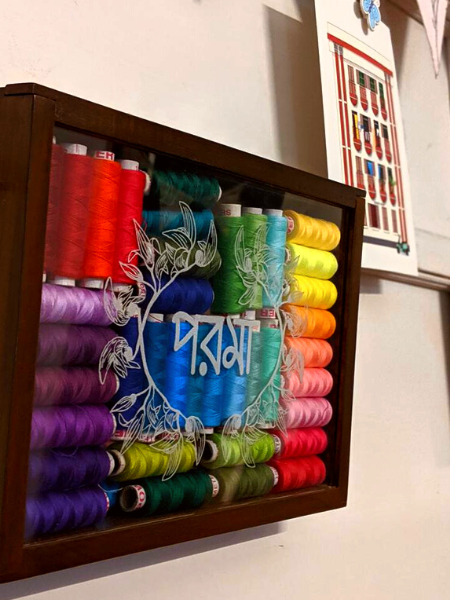

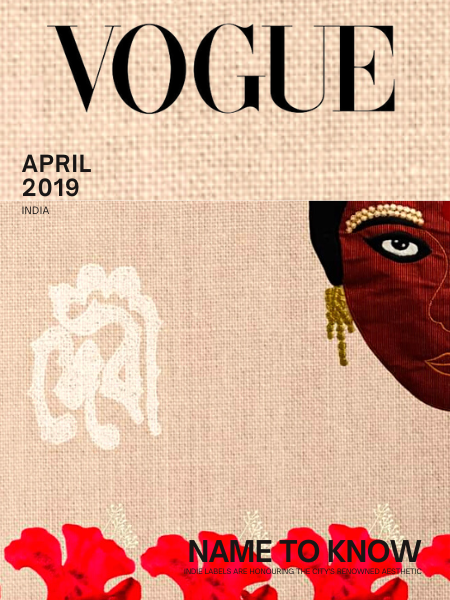


 WhatsApp us Now +918100153947
WhatsApp us Now +918100153947